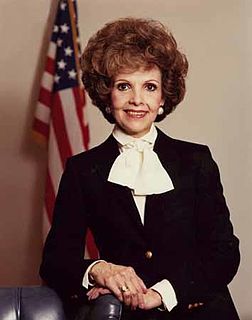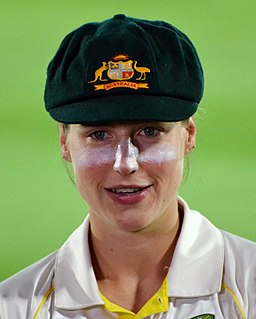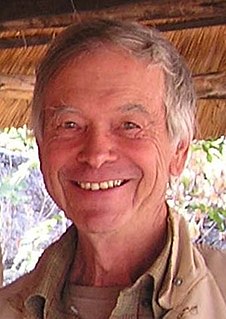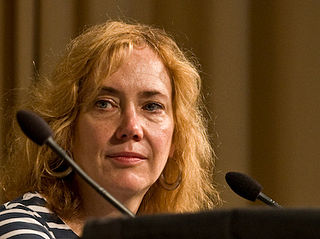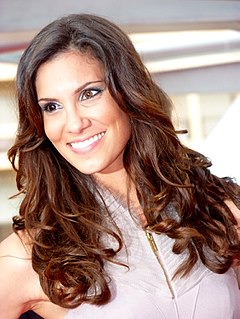A Quote by Tom Rachman
The training of a journalist, of working with words for thousands of hours, is extraordinarily useful for a fiction writer.
Quote Topics
Related Quotes
Creative non-fiction is such a liberating genre because it allows the non-fiction writer, whether he or she be journalist or essayist, to use all of the techniques of the fiction writer and all of the ideas, creative approaches, that fiction writers get a chance to use, but they have to use it in a true story.
The journalism, I was a financial journalist - it's very good training as a writer. You have to write for deadlines; you have a certain economy of phrasing. As a training ground as a writer, it's fantastic. I also think it teaches you to be observant, to listen to people, and gives you an ear of dialogue from doing interviews.
In a sense, journalism can be both helpful and detrimental to a writer of fiction because the kind of writing you need to do as a journalist is so different. It has to be clear, unambiguous, concise, and as a writer often you are trying to do things that are more ambiguous. I find that writing fiction is often an antidote to reading and writing too much journalism.
I'm not disciplined in terms of scheduling. I work best late at night, but I can't do that when I'm on a TV show - our hours are roughly 10-6:30, so I have to go to sleep at a reasonable hour. So I'll sometimes write fiction for an hour or two in the evenings, or several hours on the weekend afternoons - unless I'm actively writing a script for the show I'm working on, in which case there's no time to write fiction at all.



